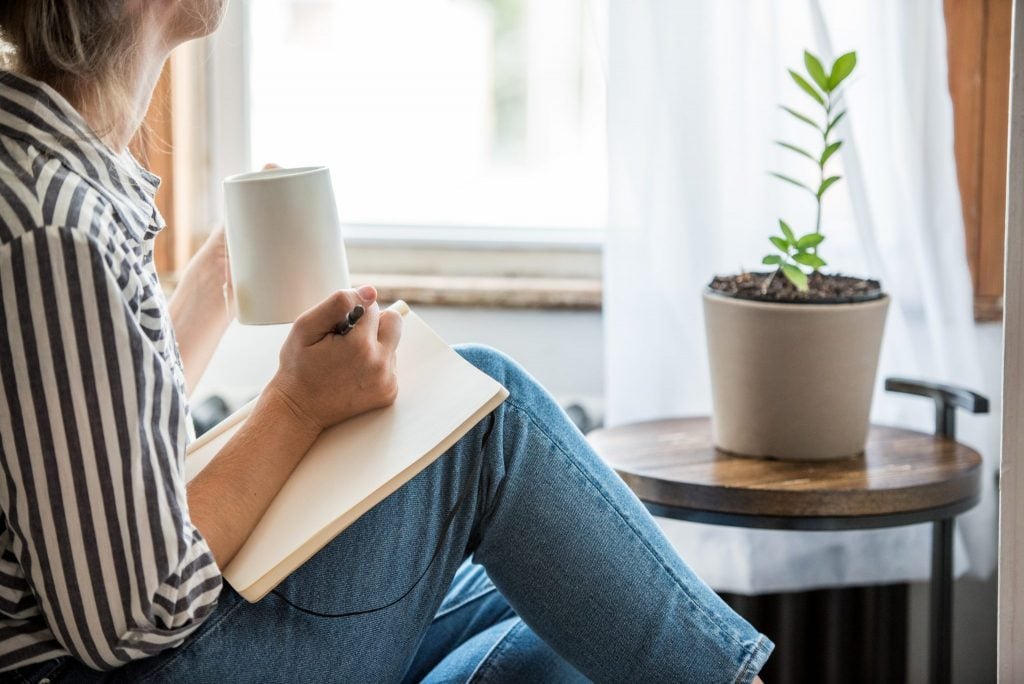This year, Thanksgiving and World Mental Health Day are on the same day, October 10th. We’ve put together this simple guide to gratitude so you can start benefitting from being grateful and how this can impact your mental health in a positive way.
Gratitude is a thankful appreciation for what an individual receives. Gratitude helps people feel more positive emotions, relish good experiences, improve their health, deal with adversity, and build strong relationships. With gratitude, people acknowledge the goodness in their lives and recognize its source lies partially outside themselves. Therefore, being grateful also helps people connect to something larger than themselves as individuals.
So how can you start living a life full of gratitude and improve your mental health significantly?

Source: Getty Images
The Science And Benefits Of Being Grateful
There are always new studies that look at the science of gratitude and how beneficial switching your mindset can be, including the following:
- Psychologists Dr. Robert A. Emmons of the University of California and Dr. Michael E. McCullough of the University of Miami found that when you write about good things, your mental health improves.
- Back in 1995, a study found that when participants felt grateful, their heart rate variability progressed.
- By giving and receiving gratitude, our brain releases serotonin and dopamine to open us up to happiness. Known as the “feel good” hormone, dopamine is responsible for our emotions, and when our brain releases dopamine, we live happy lives.

Source: Getty Images
3 Steps To Activating Your Gratitude
Activating your gratitude muscles is easier than you think. Here are three simple steps to expanding into the greatest version of yourself, with a whole lot of gratitude sprinkled into the mix.
1. Daily Gratitude Journaling Practice:

Source: Martha Stewart Blog
Each morning, take a few moments to write down 10 things you’re grateful for. Simply start off each sentence with ‘Thank you Universe for…” and at the end, complete the sentence with “thank you, thank you, thank you”. By writing down what you’re grateful for, you’ll start to believe in it more and more. You’ll place yourself in a calmer space.
2. Remember To Thank Others:

Source: joincakeblog
When you go out of your way to thank other people or to simply act kind towards others, you’re flexing your feel good hormones (that good ol’ dopamine muscle!). It’s been said that when you project gratitude or kindness onto others, it will come back to you ten-fold. So, hold open the door for someone whose walking into the post office, catch up with an old friend, or pay for the car behind you in the drive-thru.
3. Just Breathe:

Source: Popsugar
Having an off day? Don’t feel like talking to anyone because you’re pissed off? No matter what, we all have off days and moments. By taking a step back, you shift your mindset to feel gratefulness in that moment. It’s about projecting a sense of peace to feel the gratitude within you. Close your eyes and take five slow and steady breaths. As you slow down your breath, acknowledge what you are grateful for, release what no longer feels right, and breathe into all of the emotions that come up.










You must be logged in to post a comment Login